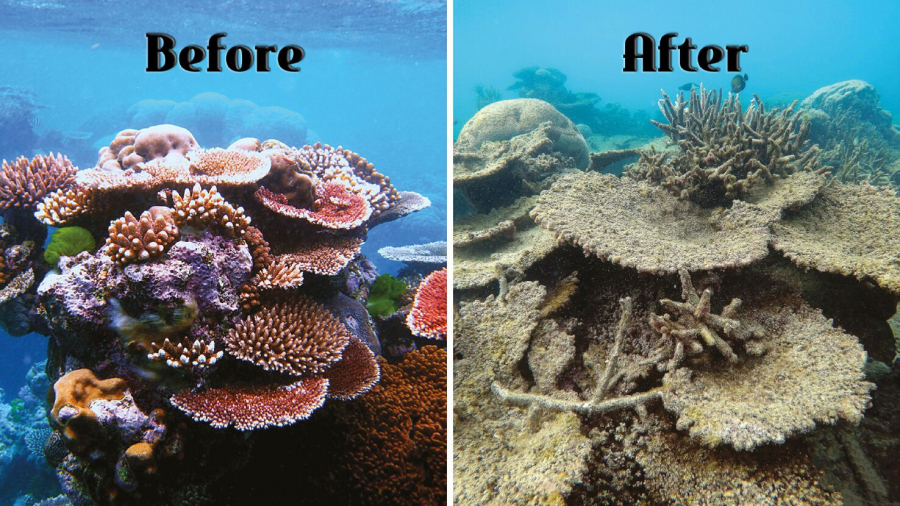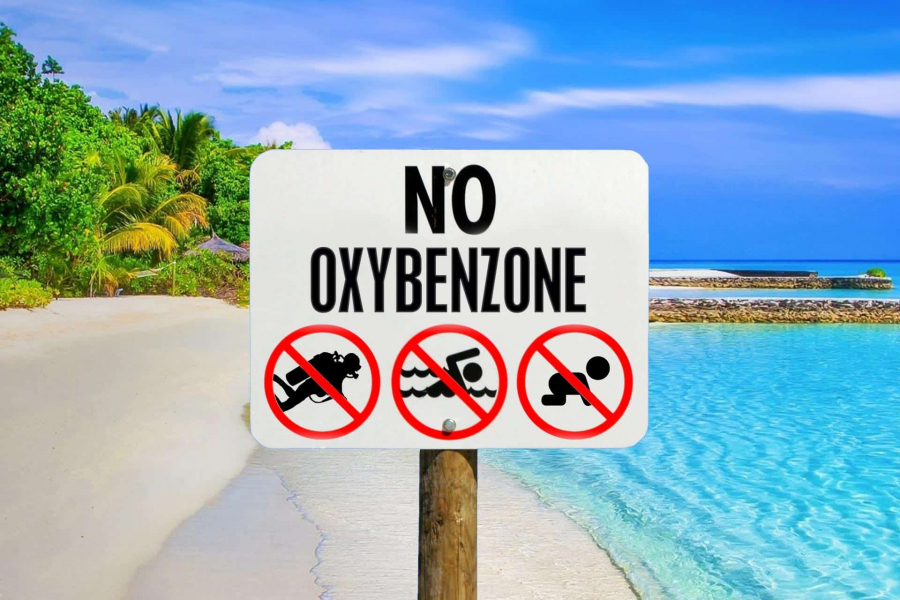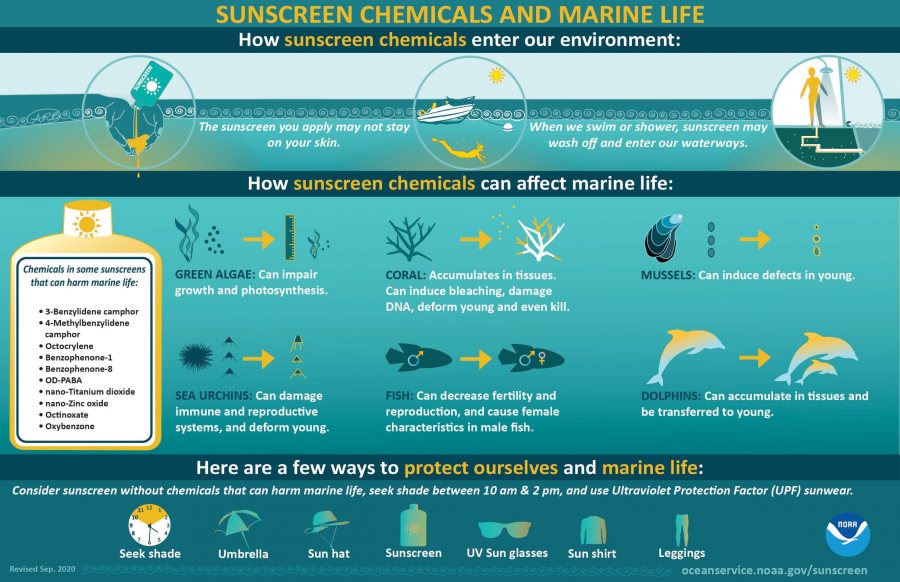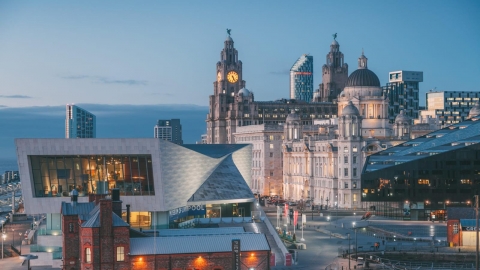Tourists and locals alike who violate the law will face fines of up to 100,000 baht (approximately 68 million VND). This law was passed amid concerns from the Thai government about millions of tourists flocking to the country's waters and using sunscreens containing harmful substances that hinder reproduction and accelerate coral bleaching. However, it remains unclear what enforcement measures will be implemented to ensure compliance.

The chemicals in sunscreen can cause coral bleaching to occur rapidly - Photo: Financial Times
Specifically, sunscreens used by beachgoers often contain oxybenzone, octinoxate, 4-methylbenzyl, and butylparaben. These substances are suspected of disrupting the endocrine system and affecting coral growth, even in small quantities. Furthermore, several studies have shown that common chemical UV filters found in sunscreens and cosmetics have a negative impact on marine life, especially young corals.

Oxybenzone is a chemical that seriously affects coral reproduction - Photo: Internet
Another significant decision that the Thai government made to protect the coral reefs was the closure of the Maya reef on Phi Phi Leh island in 2018.
Coral is a living organism with a slow growth rate, only growing a maximum of 2 cm per year. This means that the coral reefs we see when diving today may have been formed over tens or hundreds of thousands of years. If coral is affected by harmful sunscreens along with climate change and environmental pollution, it may die or stop growing.
Scientists estimate that half of the world's coral has been killed in the last 30 years, and without timely action, 90% will disappear within the next century. With their slow growth rate, the beauty of Thailand's coral reefs will not be seen for several hundred generations unless they are conserved.
To protect coral reefs in particular and marine ecosystems in general, several other tourist destinations around the world have similar bans on the use of sunscreen, including Palau in the Pacific Ocean and the US state of Hawaii.


 VI
VI EN
EN





























